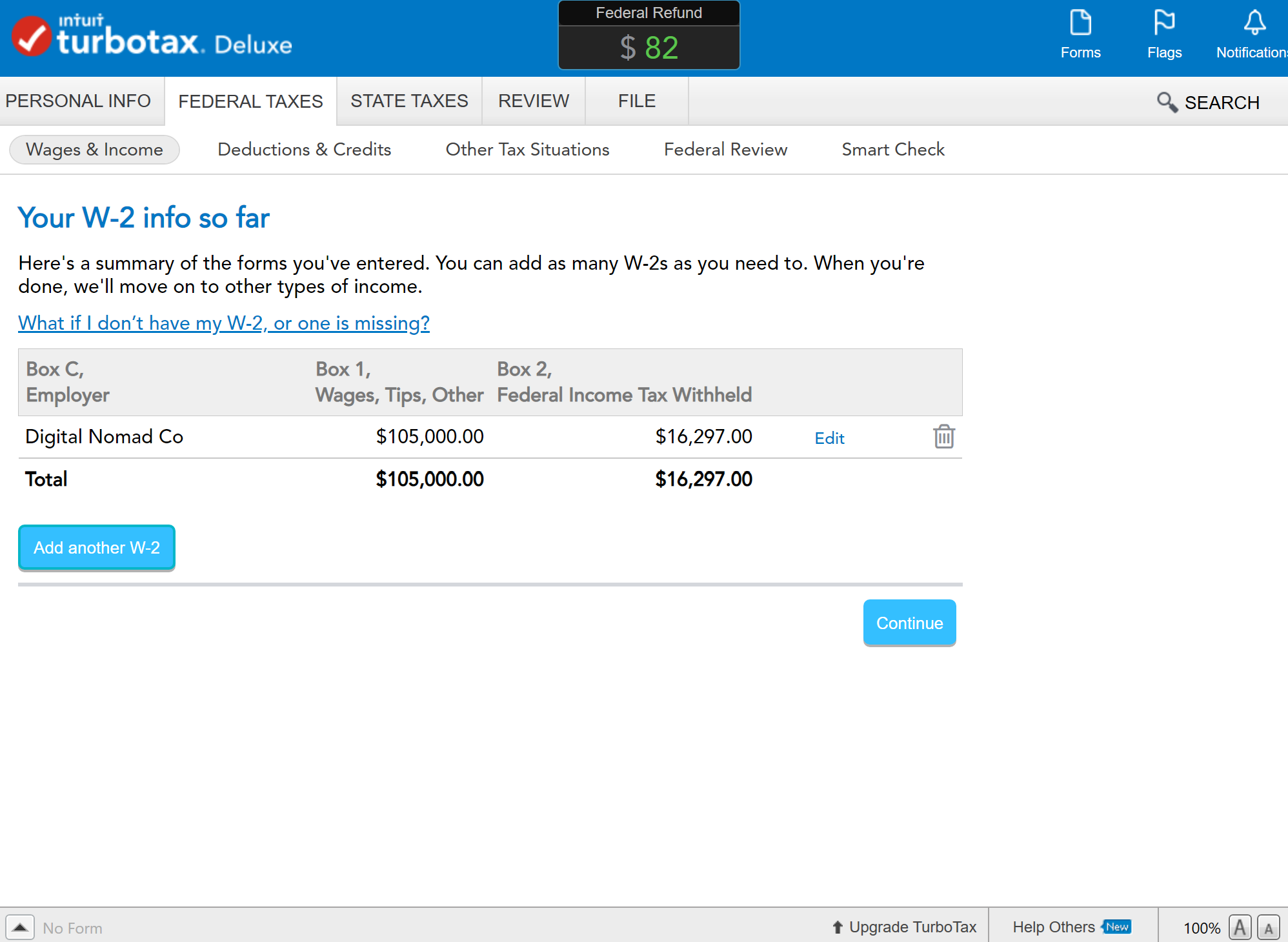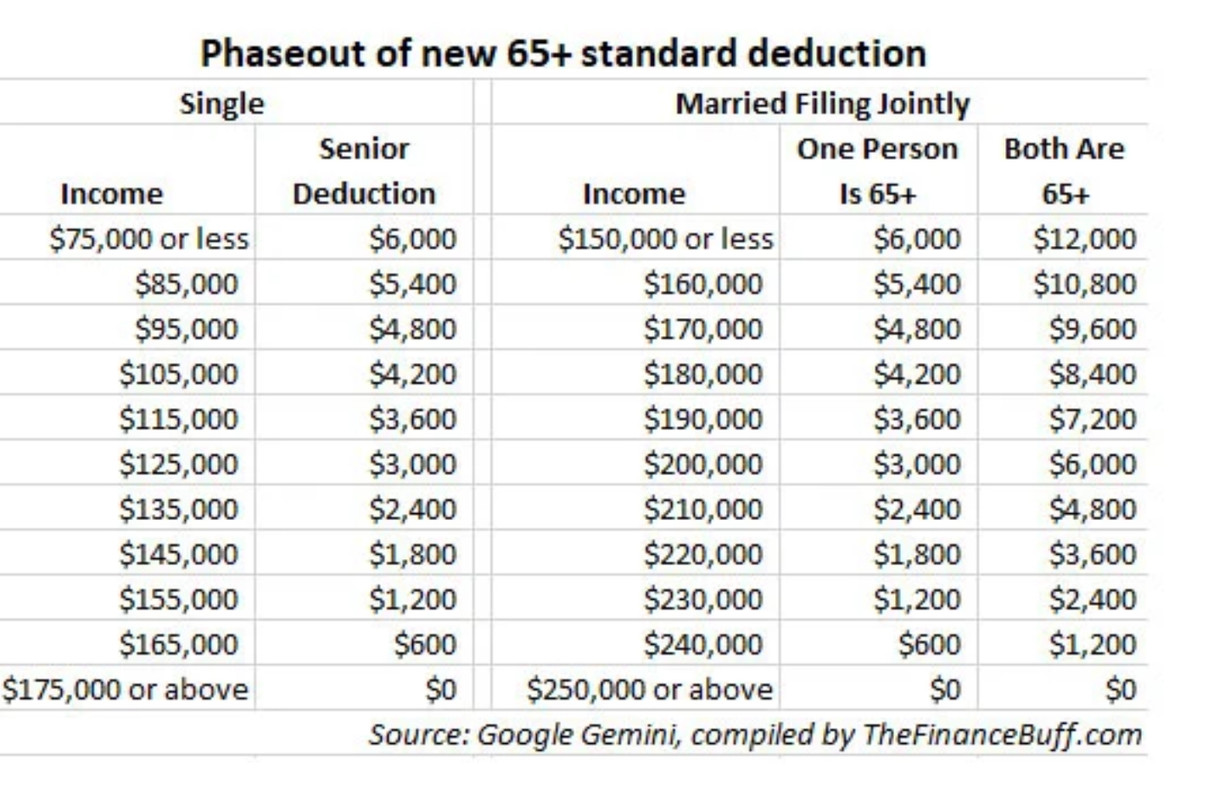The Foreign Earned Revenue Exclusion Explained: An Overview to Enhancing Your Standard Reduction
The Foreign Earned Earnings Exclusion (FEIE) is a crucial tax obligation provision for united state residents and resident aliens living abroad. It allows qualified expatriates to leave out a considerable section of their foreign-earned earnings from government taxes. Understanding the subtleties of FEIE can cause substantial tax savings. Numerous people neglect vital details that can impact their eligibility and benefits. Checking out these facets might expose possibilities for improved tax obligation end results.
Recognizing the Foreign Earned Income Exemption
Although lots of expatriates look for chances abroad, understanding the Foreign Earned Revenue Exclusion (FEIE) is important for handling their tax commitments. This stipulation permits united state residents and resident aliens living overseas to omit a particular quantity of their made earnings from federal taxation. The FEIE was established to ease the tax obligation problem on people who live outside the USA, acknowledging the unique economic challenges they may face.

Qualification Requirements for FEIE

How to Declare the FEIE
To effectively assert the Foreign Earned Earnings Exclusion (FEIE), taxpayers should initially confirm their qualification based on certain requirements - FEIE Standard Deduction. The process includes a number of actions, including submitting the appropriate forms and supplying essential documentation. Comprehending these demands and procedures is necessary for optimizing tax benefits while living abroad
Qualification Requirements
Qualification for the Foreign Earned Income Exemption (FEIE) depends upon meeting details requirements established by the IRS. To qualify, people must be U.S. people or resident aliens who earn revenue while working abroad. They need to establish a foreign tax home, which indicates their main workplace is outside the USA. Additionally, applicants need to fulfill either the Bona Fide Home Test or the Physical Existence Test. The Bona Fide Home Examination requires that a taxpayer resides in a foreign country for an entire tax obligation year, while the Physical Presence Test requires costs a minimum of 330 full days in a foreign country during a 12-month period. Satisfying these requirements is vital for claiming the FEIE.
Filing Process Steps
Exactly how can one effectively navigate the procedure of asserting the Foreign Earned Earnings Exclusion (FEIE)? First, people have to identify their qualification based on the physical existence test or the authentic home test. When confirmed, they should finish internal revenue service Kind 2555, which information international revenue and residency. This kind must be affixed to their annual income tax return, usually Type 1040. It is vital to accurately report all international gained revenue and warranty compliance with the IRS standards. In addition, taxpayers must preserve appropriate documentation, such as international income tax return and proof of residency. By complying with these steps, individuals can successfully assert the FEIE and possibly decrease their gross income significantly, enhancing their total monetary position.
Computing Your Foreign Earned Revenue Exclusion
While several expatriates look for to maximize their financial advantages abroad, understanding the estimation of the Foreign Earned Income Exemption is necessary for accurate tax obligation coverage. The Foreign Earned Income Exemption allows certifying individuals to omit a specific quantity of their foreign revenues from U.S. taxation, which is readjusted every year for rising cost of living. To compute this exemption, expatriates must identify their total international made income, which normally consists of wages, incomes, and specialist fees earned while staying in a foreign nation.
Next, they have to complete internal revenue service Kind 2555, offering information about their foreign residency and work condition. FEIE Standard Deduction. It is essential to satisfy either the authentic house test or the physical presence test to get the exemption. Once these elements are developed, the optimum permitted exclusion amount is used, decreasing the person's taxable earnings substantially. Precise computations can cause considerable tax cost savings for migrants living and working abroad
The Impact of FEIE on Other Tax Advantages
The Foreign Earned Income Exclusion (FEIE) can affect an individual's qualification for sure tax obligation advantages, including the typical deduction. By leaving out foreign earned income, taxpayers may discover their adjusted gross income influenced, which consequently can impact their credentials for numerous tax debts. Understanding these communications is essential for maximizing tax obligation results while living abroad.
Communication With Criterion Reduction
When individuals receive the Foreign Earned Earnings Exclusion (FEIE), their eligibility for the common deduction might be affected, potentially modifying their general tax obligation. The FEIE allows taxpayers to leave out a certain amount of gained earnings from U.S - FEIE Standard Deduction. taxation, which can cause a reduced taxed earnings. As a result, if the omitted income exceeds the conventional deduction, it can lessen the advantage of declaring that deduction. In addition, taxpayers who make use of the FEIE may locate that their capability to detail deductions is also affected, as certain costs may be affected by the exclusion. Understanding this interaction is crucial for migrants to optimize their tax obligation benefits while making certain compliance with united state tax legislations
Eligibility for Tax Credit Scores
Steering via the complexities of tax obligation credit scores can be challenging for migrants, especially considering that the Foreign Earned Earnings Exemption (FEIE) can greatly influence eligibility for these benefits. The FEIE allows eligible individuals to omit a substantial portion of their foreign revenues from U.S. tax, yet this exemption can additionally impact accessibility to various tax obligation credit histories. Taxpayers that make use of the FEIE may find themselves ineligible for credits like the Earned Earnings Tax Obligation Credit (EITC), as these credits generally require taxable earnings. In addition, the exclusion may limit the capacity to declare specific reductions or credit histories connected with dependents. Consequently, recognizing the interaction between the FEIE and offered tax credit histories is essential for expatriates aiming to enhance their tax obligation scenario.
Typical Mistakes to Stay Clear Of When Claiming FEIE
Typically, expatriates experience several mistakes while claiming the Foreign Earned Income Exclusion (FEIE), which can cause pricey mistakes or missed opportunities. One regular error is falling short to fulfill the physical visibility or bona fide residence test, which is vital for qualification. In addition, migrants often overlook the requirement to file Form 2555 properly, leading to incorrect or incomplete submissions.
Another usual mistake entails improperly calculating i was reading this foreign earned income, as see this website lots of do not make up all relevant earnings sources. Some migrants wrongly presume they can leave out all their earnings, unaware of the restrictions on the exclusion quantity. Furthermore, disregarding to keep proper documentation, such as travel days and residency standing, can endanger an insurance claim. Ultimately, misunderstanding the implications of the FEIE on various other tax credit scores might cause unintentional tax obligation responsibilities. Understanding of these challenges can assist in a smoother asserting procedure and make best use of possible advantages.
Resources for Expats Navigating United State Taxes
Maneuvering united state tax obligation obligations can be testing for expatriates, specifically after running into challenges in claiming the Foreign Earned Earnings Exemption (FEIE) To assist navigate these intricacies, a range of resources are available. The internal revenue service internet site supplies substantial information on tax obligation kinds, guidelines, and frequently asked questions especially tailored for expatriates. Furthermore, companies like the American People Abroad (ACA) and the Expat Tax Professionals deal assistance and assistance to assure conformity with tax legislations.
On-line forums and areas, such as the Deportee Online forum, enable migrants to share experiences and understandings, cultivating an encouraging atmosphere for those encountering similar obstacles. Additionally, tax this post obligation preparation software program, like copyright and H&R Block, typically consists of attributes designed for deportees, making the declaring process extra easy to use. Involving with these sources can encourage migrants to better comprehend their tax obligation responsibilities and optimize benefits like the FEIE.
Frequently Asked Questions
Can I Claim FEIE if I'M Independent Abroad?
Yes, independent people abroad can assert the Foreign Earned Revenue Exclusion (FEIE) To certify, they have to meet details needs concerning residency and revenue, guaranteeing they adhere to IRS guidelines for migrants.

Is the FEIE Applicable to Foreign Pensions?
The Foreign Earned Income Exclusion (FEIE) is not appropriate to foreign pension plans. Pensions are thought about unearned income and do not get approved for the exclusion, which particularly applies to earned income from employment or self-employment abroad.
What Takes place if I Go Back To the U.S. Mid-Year?
If a specific go back to the united state mid-year, they might require to readjust their tax scenario. Their eligibility for certain reductions and exemptions, consisting of the Foreign Earned Earnings Exemption, could be impacted by their residency standing.
Can FEIE Be Claimed With Various Other Reductions?
Yes, the Foreign Earned Income Exemption (FEIE) can be asserted together with various other deductions. Treatment should be taken to ensure correct compliance with tax obligation policies, as specific limitations might use based on specific conditions.
How Does FEIE Affect State Tax Obligation Responsibilities?
The Foreign Earned Revenue Exemption can decrease a taxpayer's federal earnings tax obligation liability, yet it does not immediately influence state tax obligation commitments, which vary by state and might still require reporting of foreign revenue.
Lots of migrants look for opportunities abroad, comprehending the Foreign Earned Earnings Exemption (FEIE) is essential for managing their tax responsibilities. By leaving out foreign gained revenue, taxpayers may discover their adjusted gross revenue influenced, which in turn can influence their qualification for various tax credit ratings. Steering through the complexities of tax obligation debts can be testing for migrants, specifically given that the Foreign Earned Revenue Exemption (FEIE) can substantially influence eligibility for these benefits. Taxpayers who utilize the FEIE might locate themselves disqualified for credit scores like the Earned Revenue Tax Obligation Debt (EITC), as these credit ratings generally need taxed income. Maneuvering U.S. tax obligation responsibilities can be testing for expatriates, especially after encountering mistakes in asserting the Foreign Earned Revenue Exemption (FEIE)